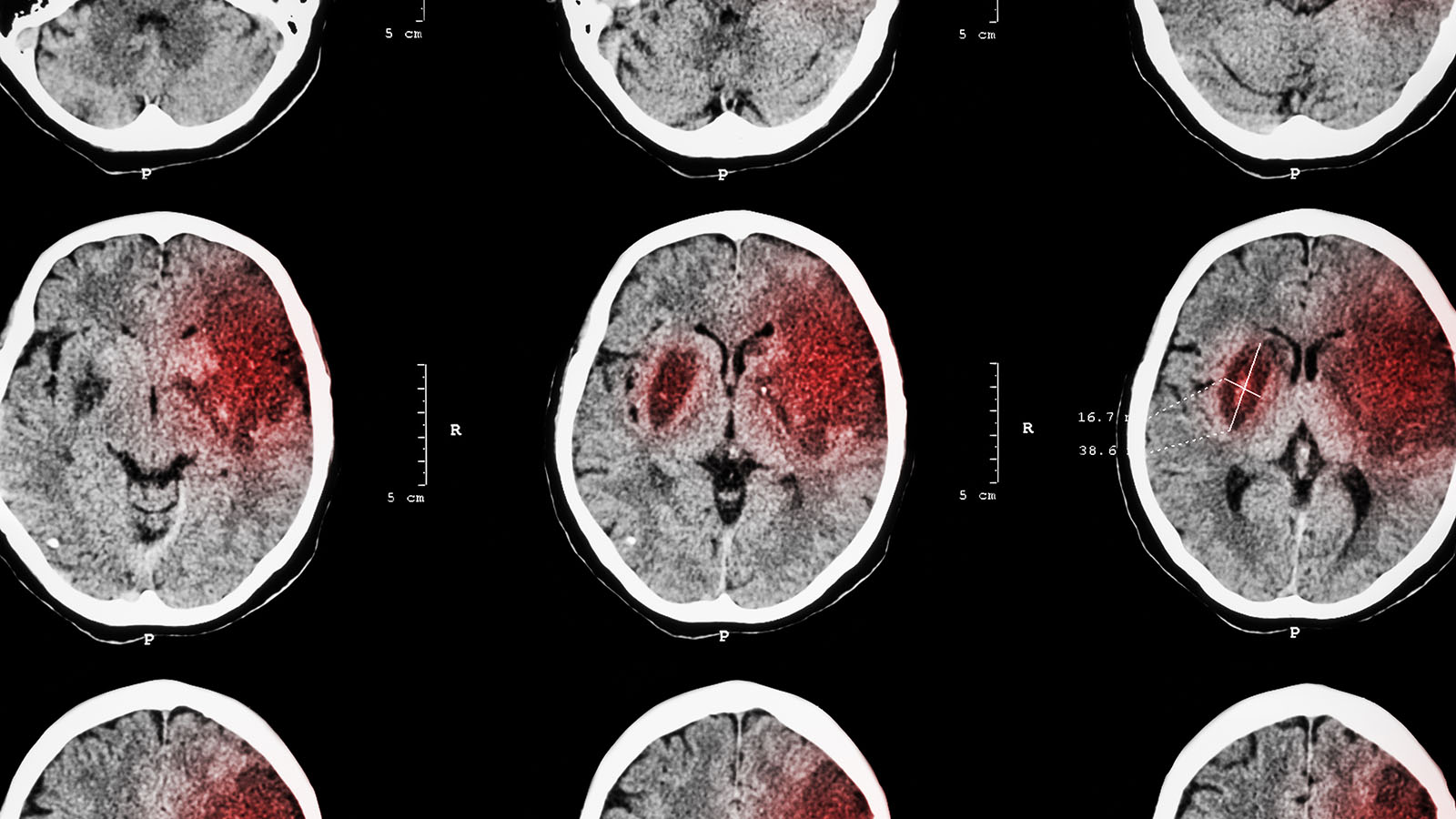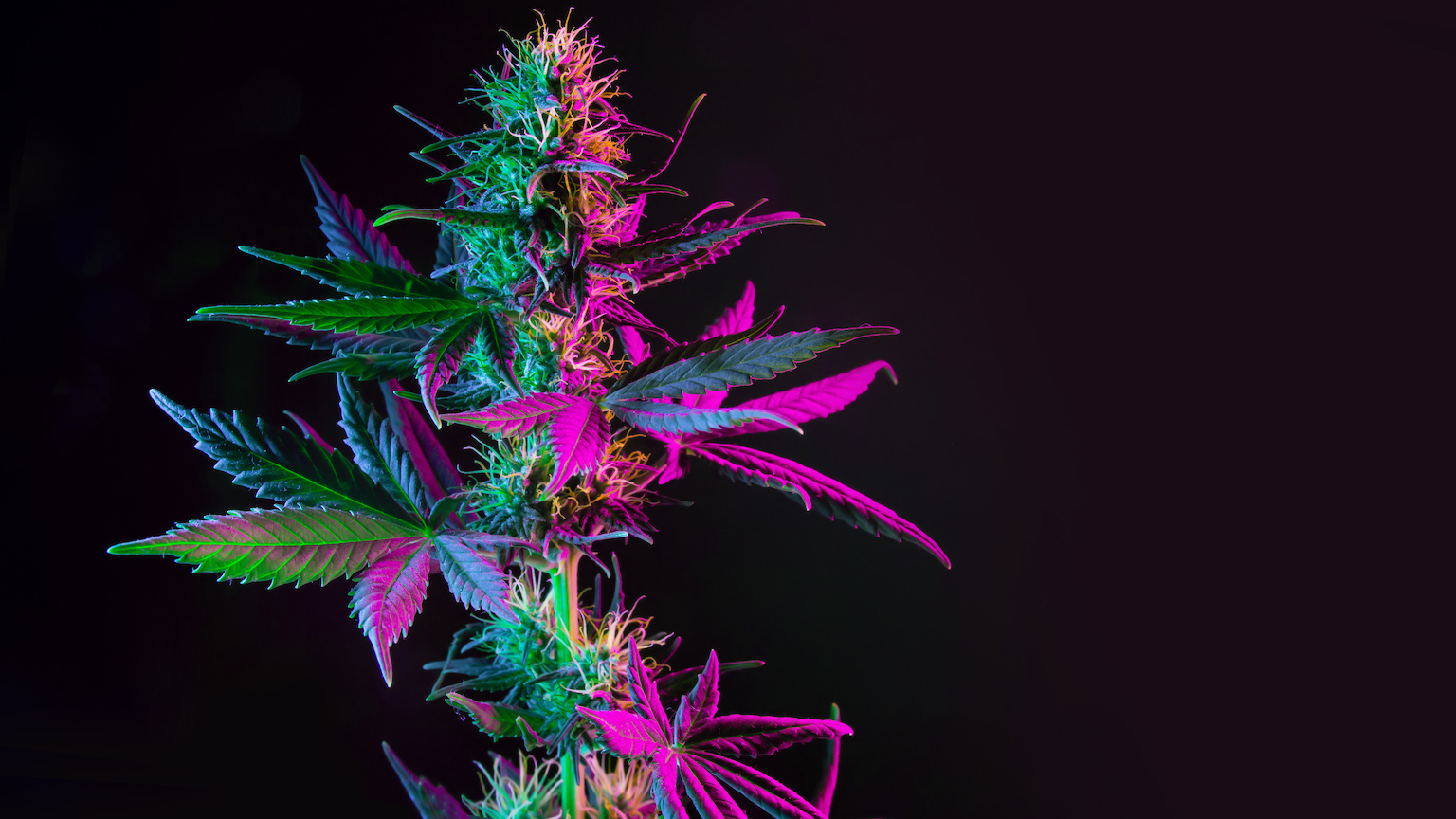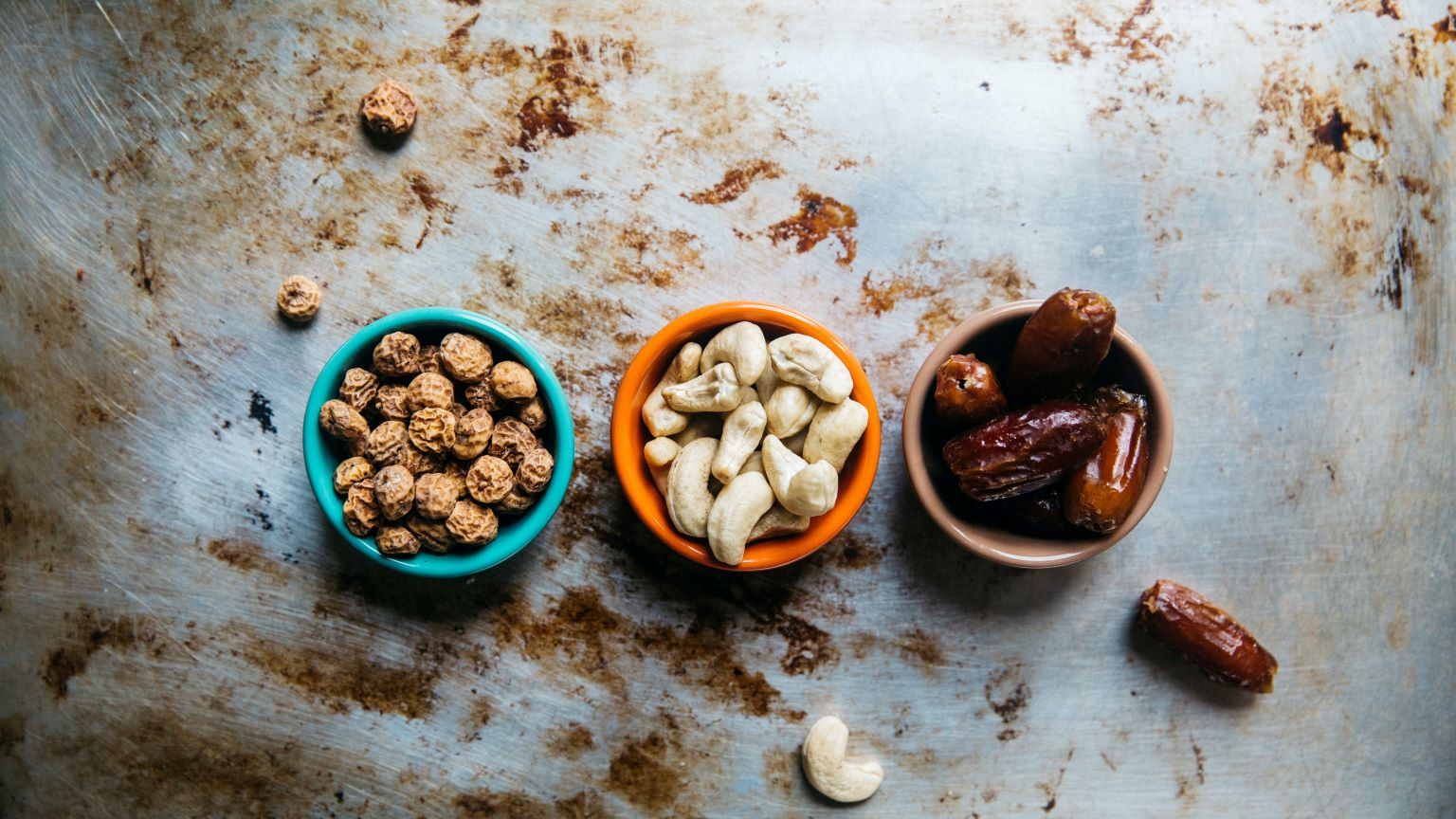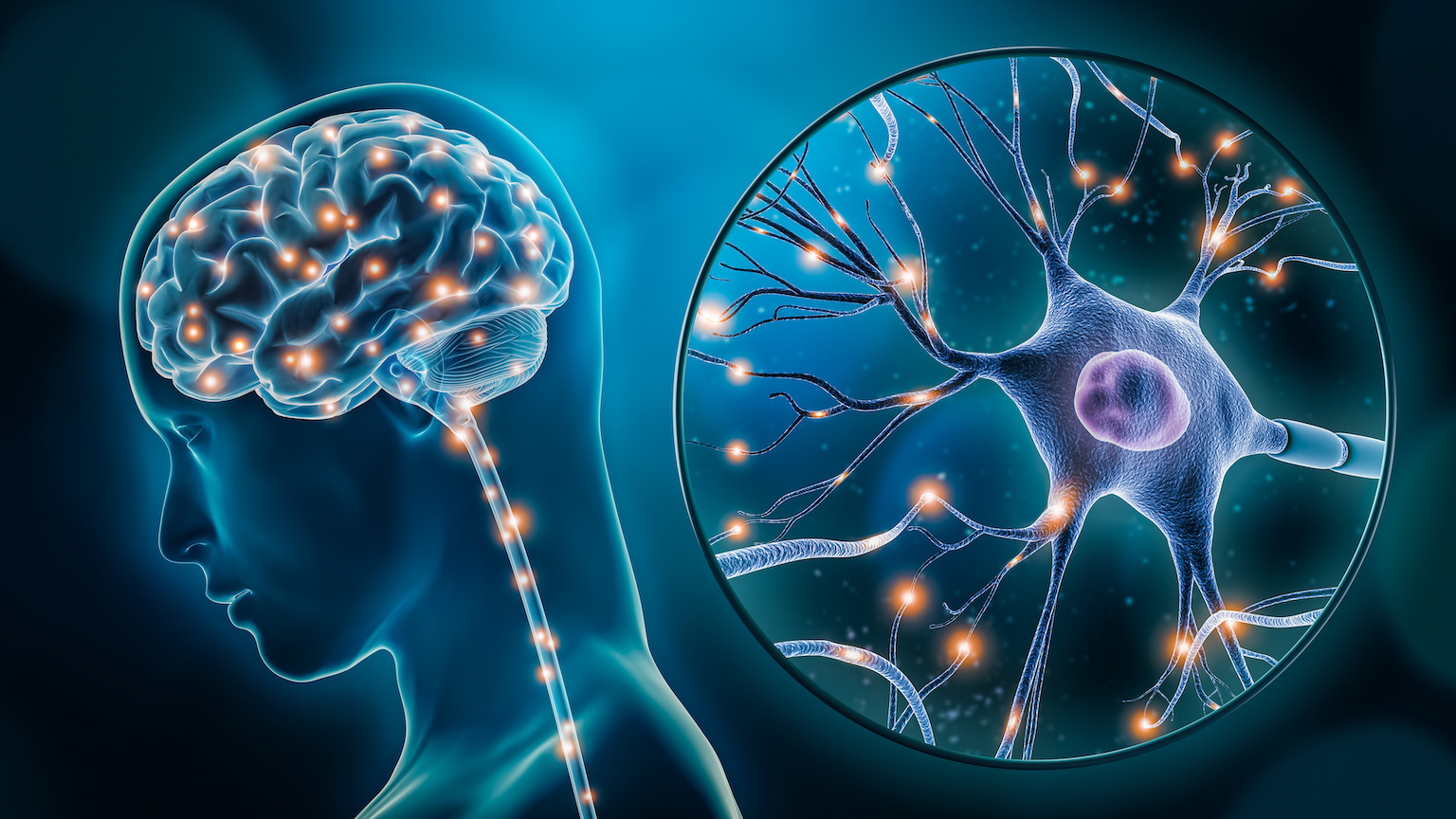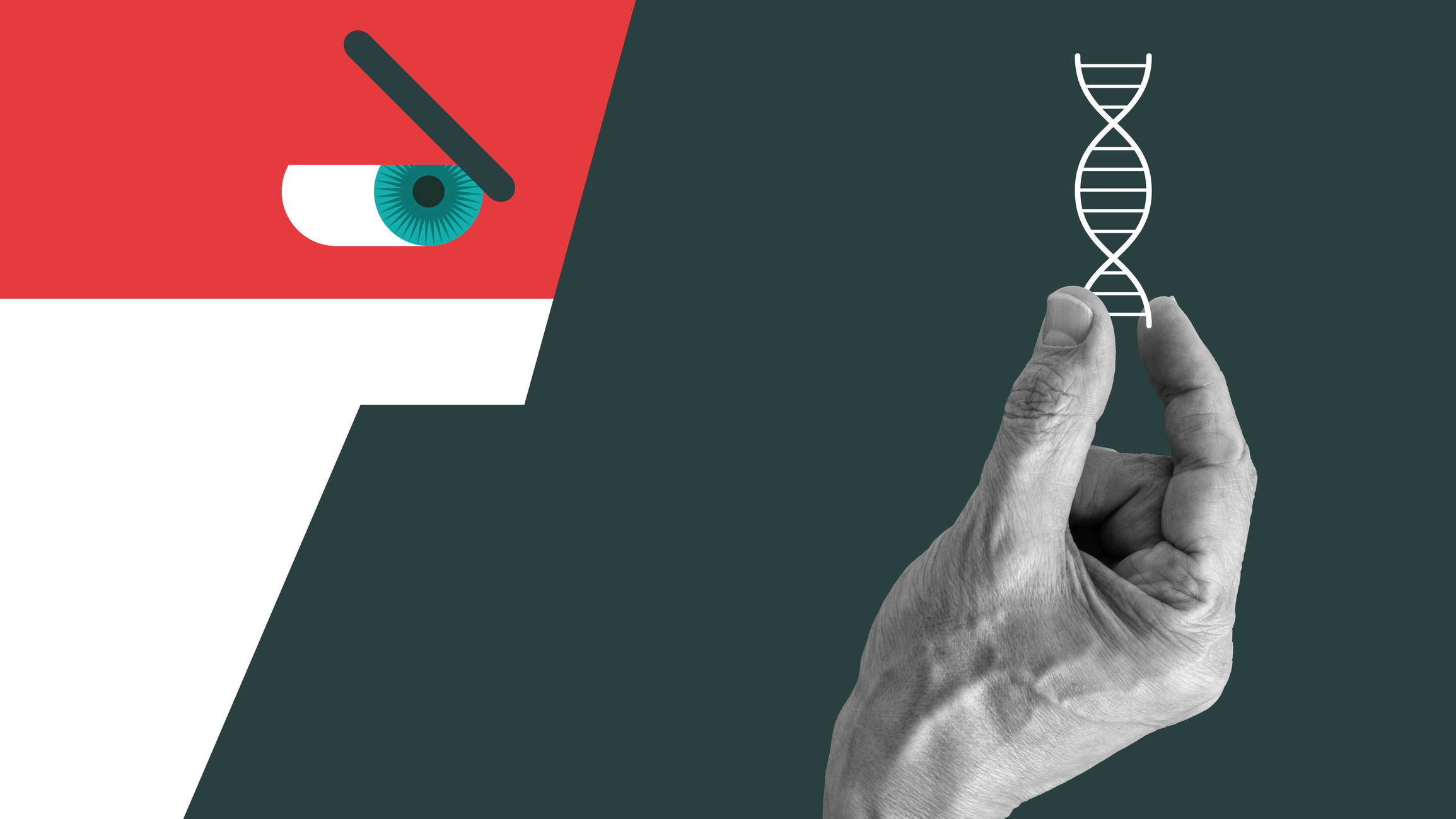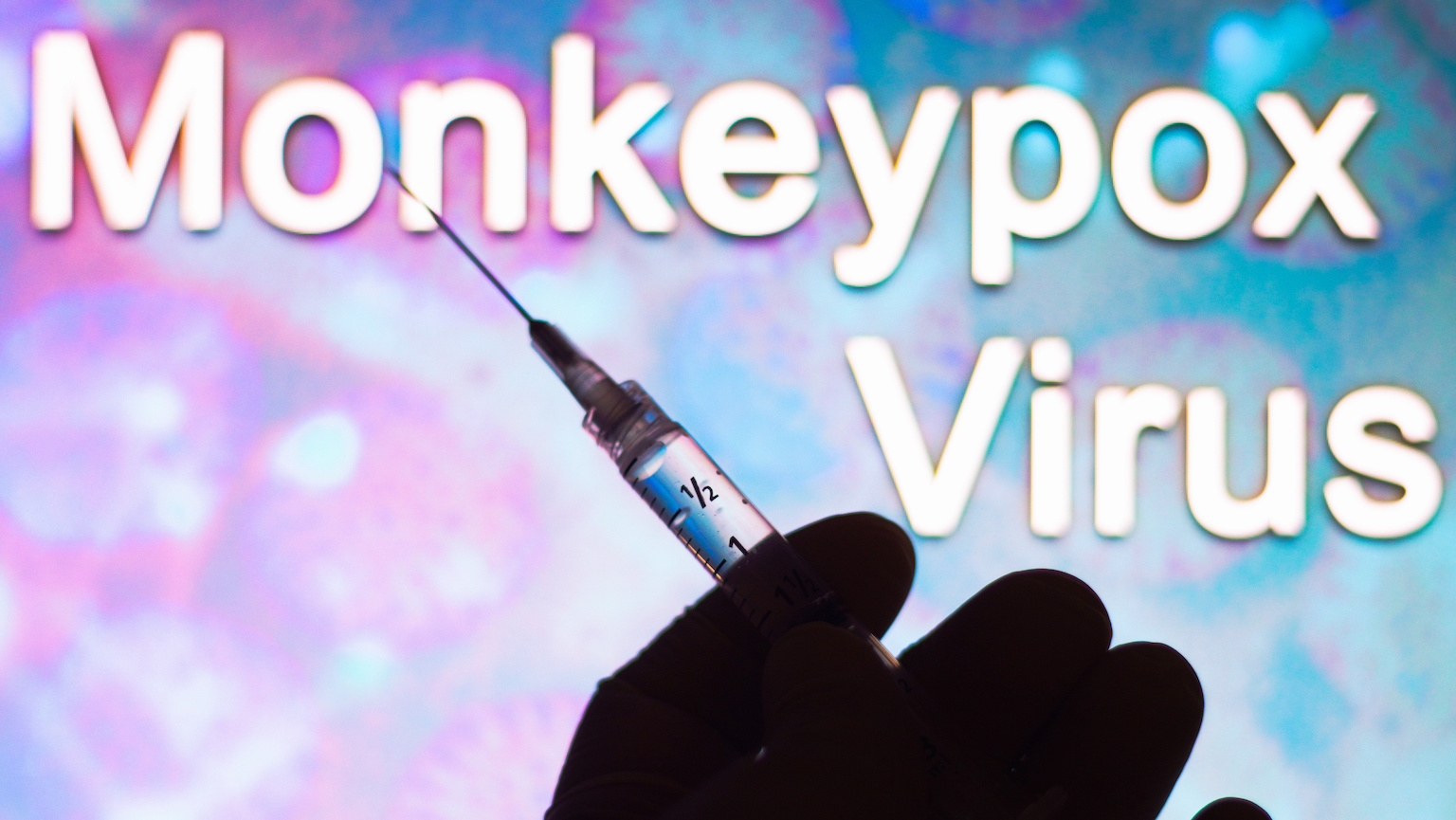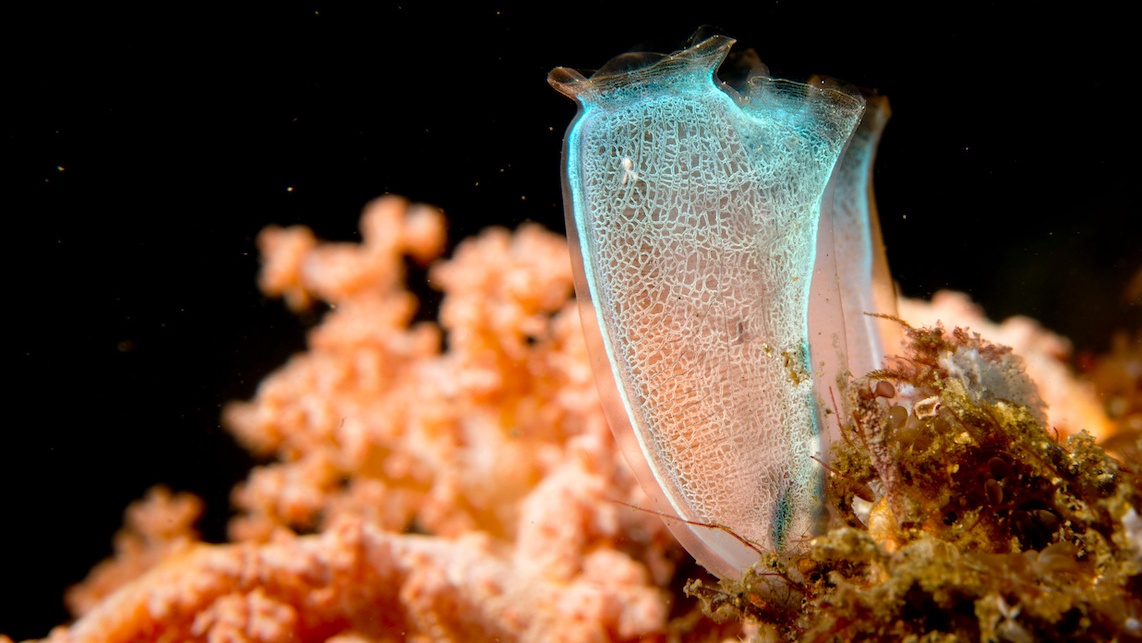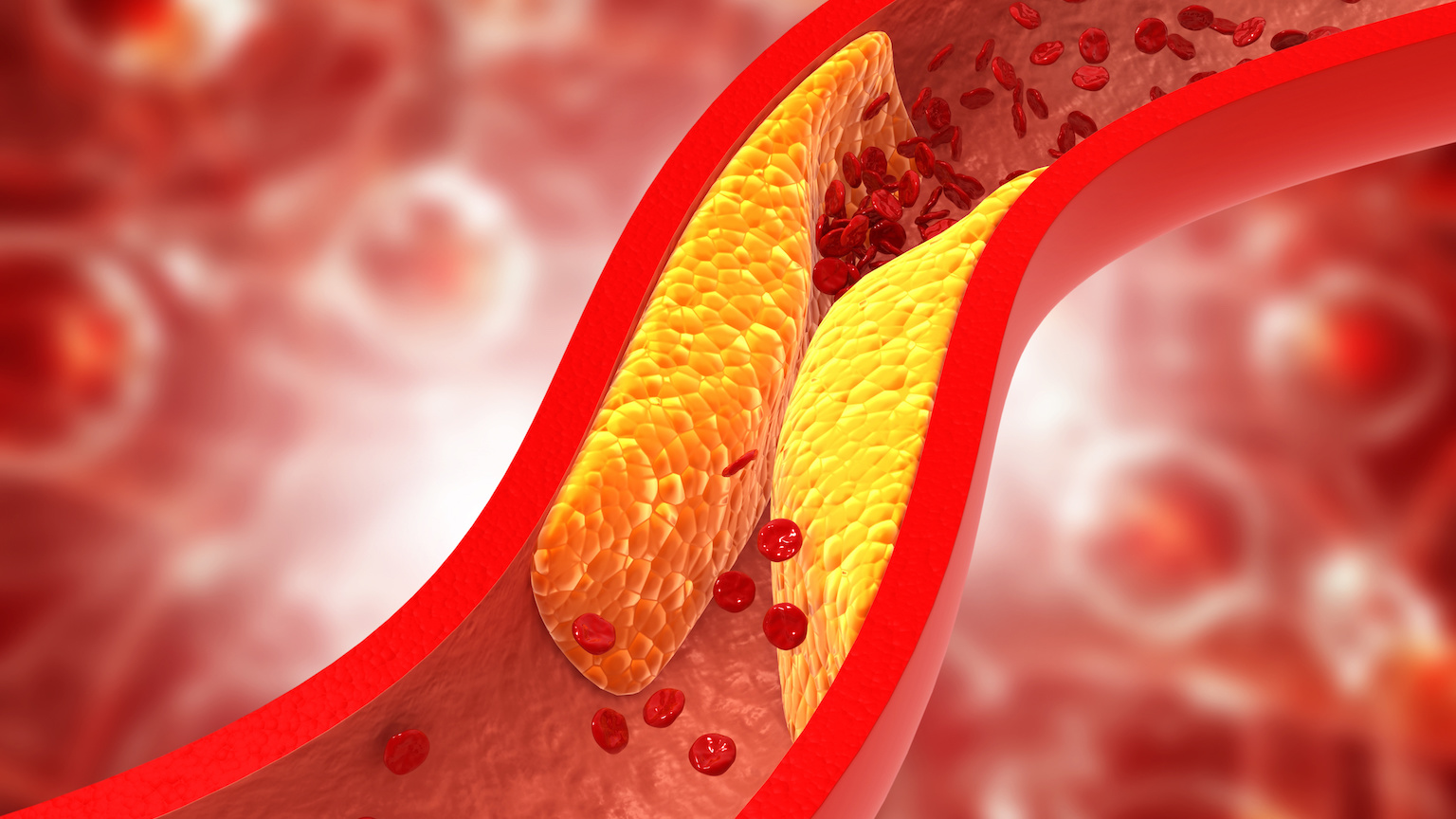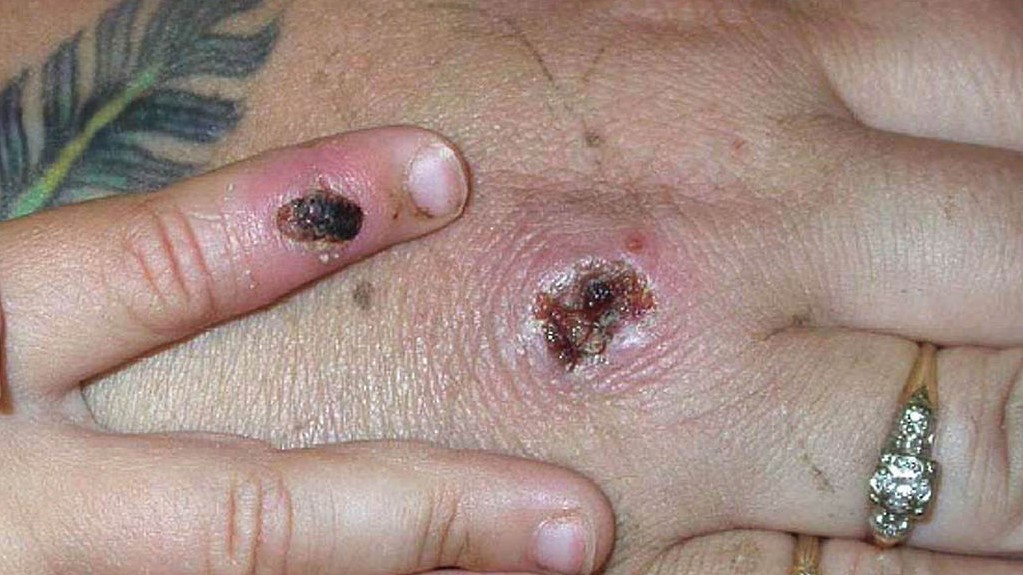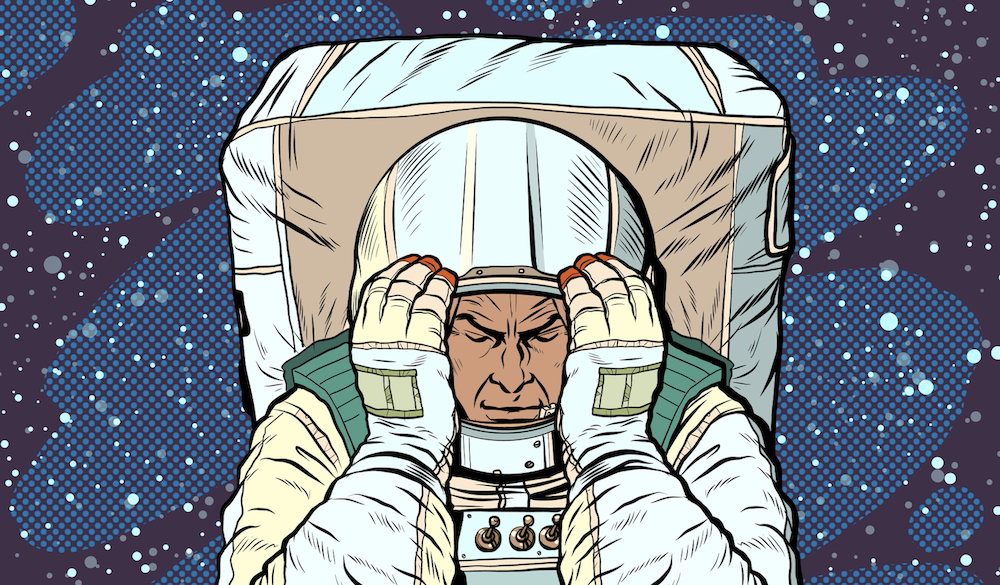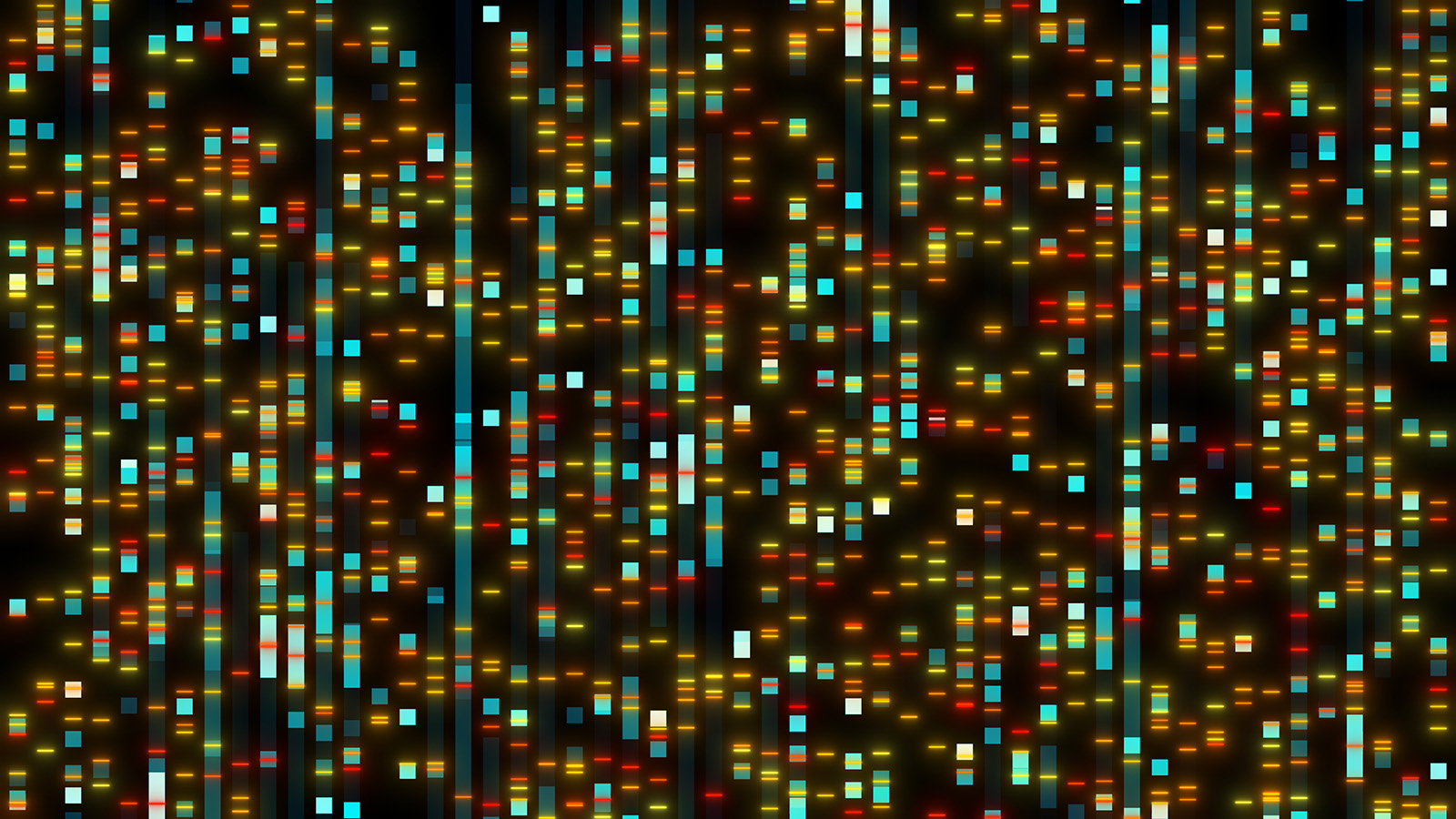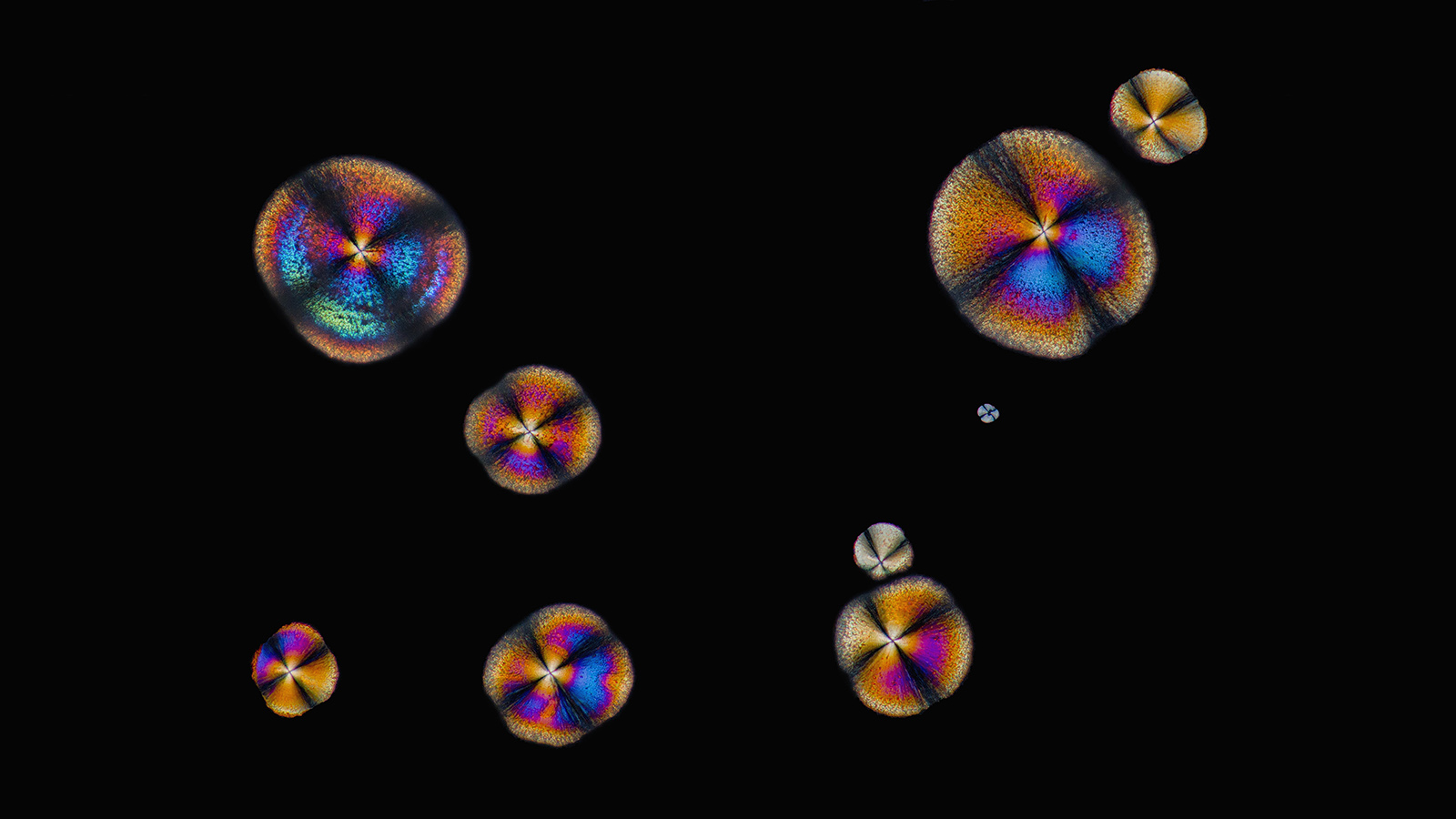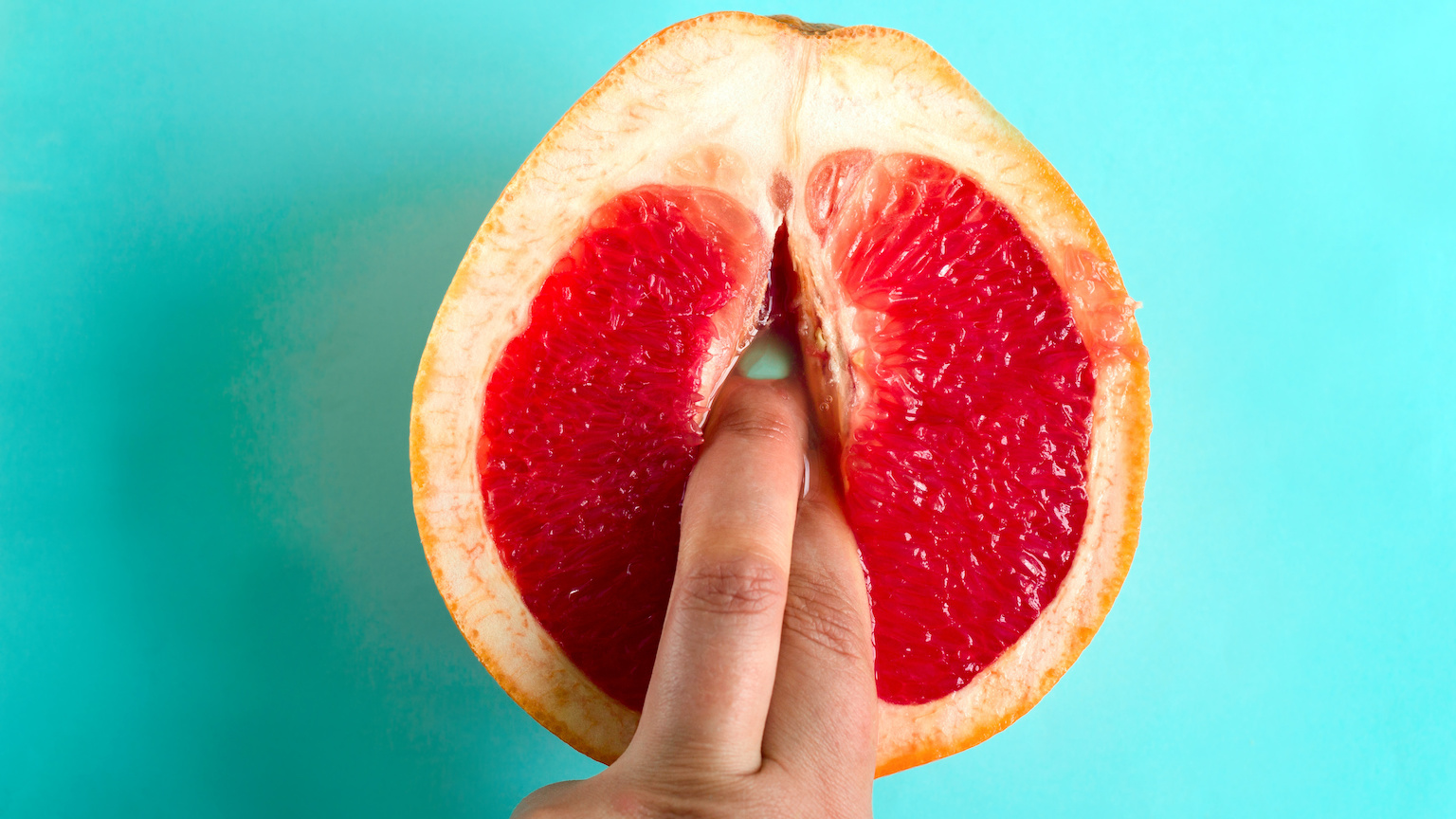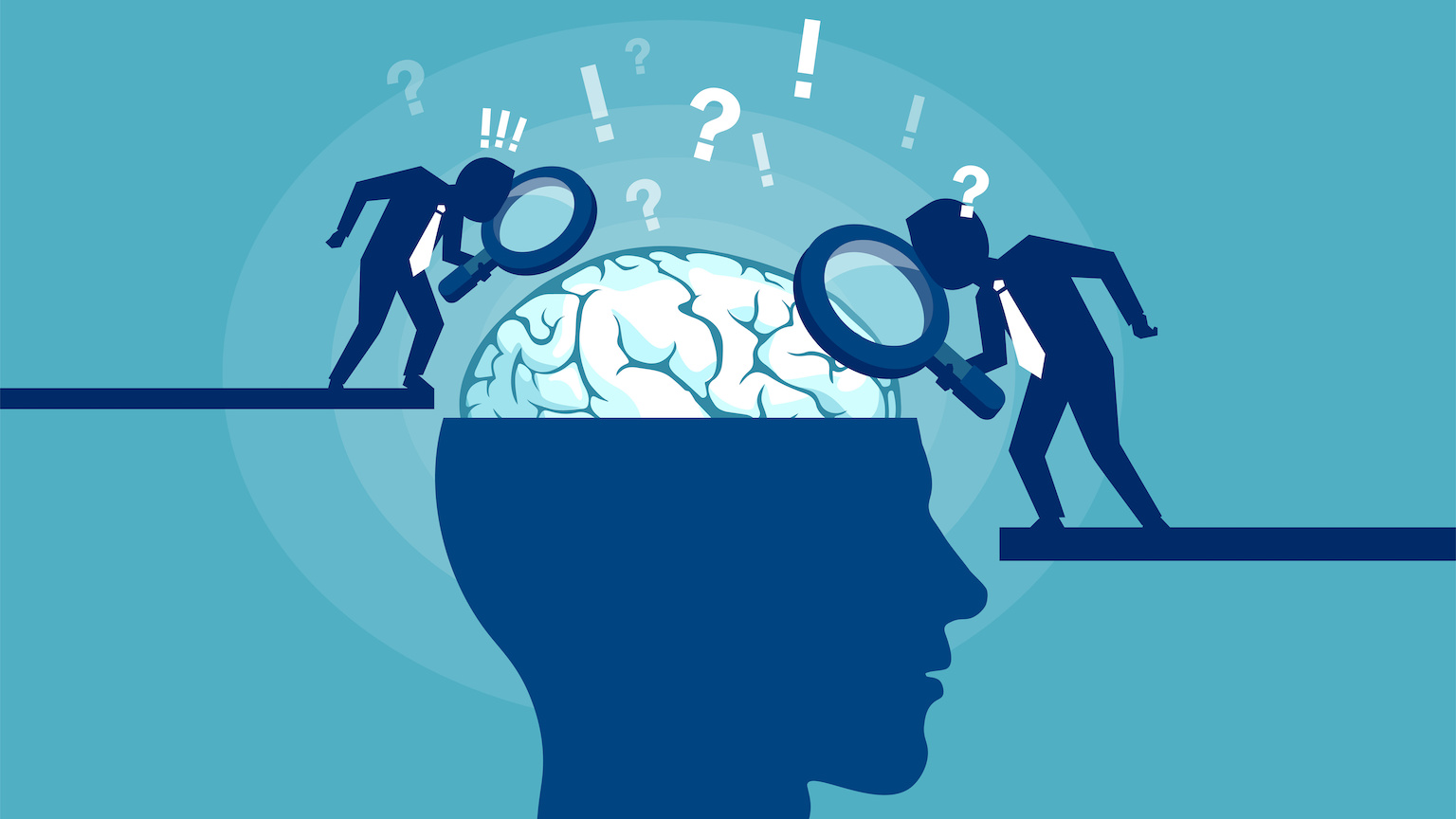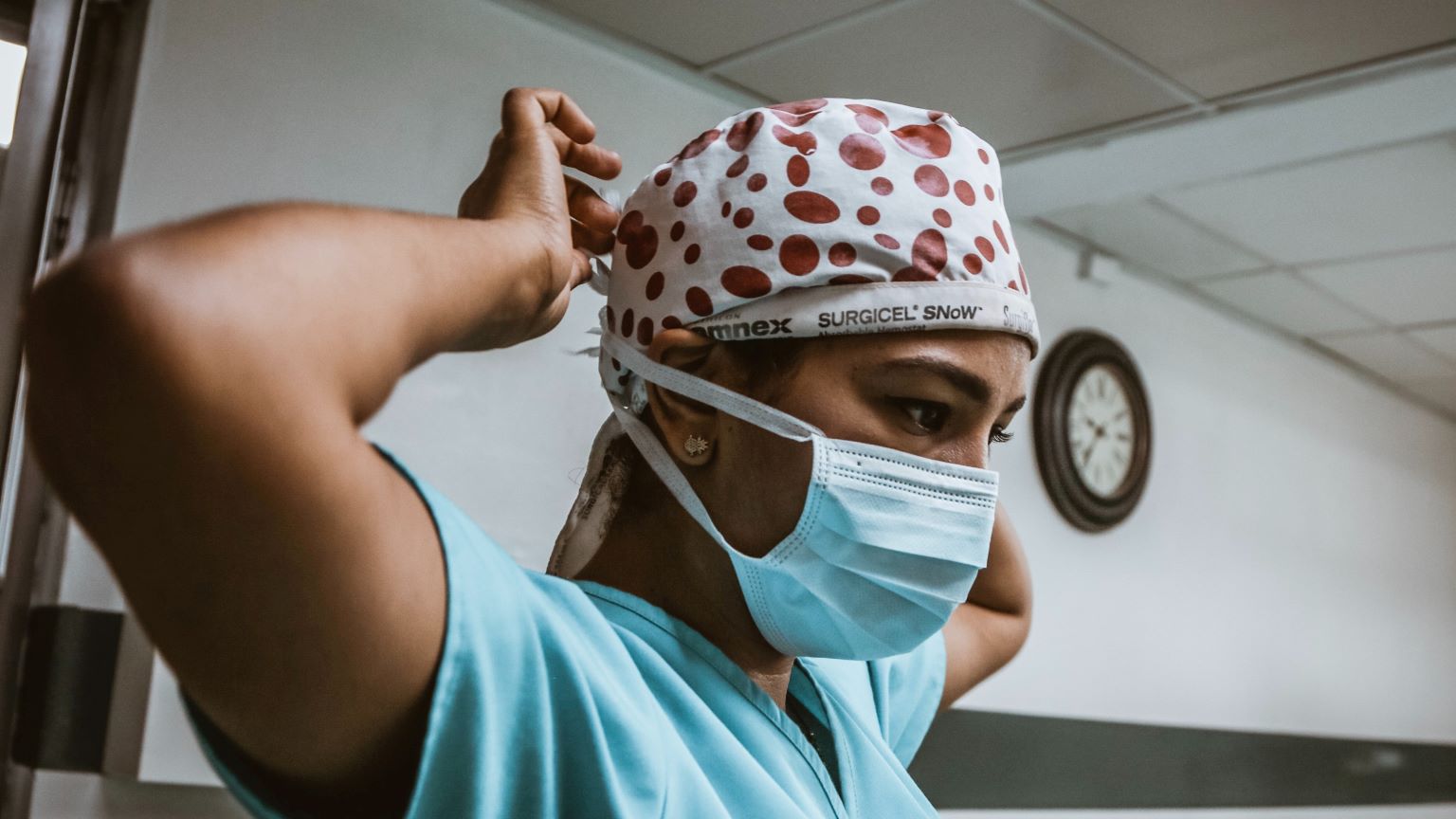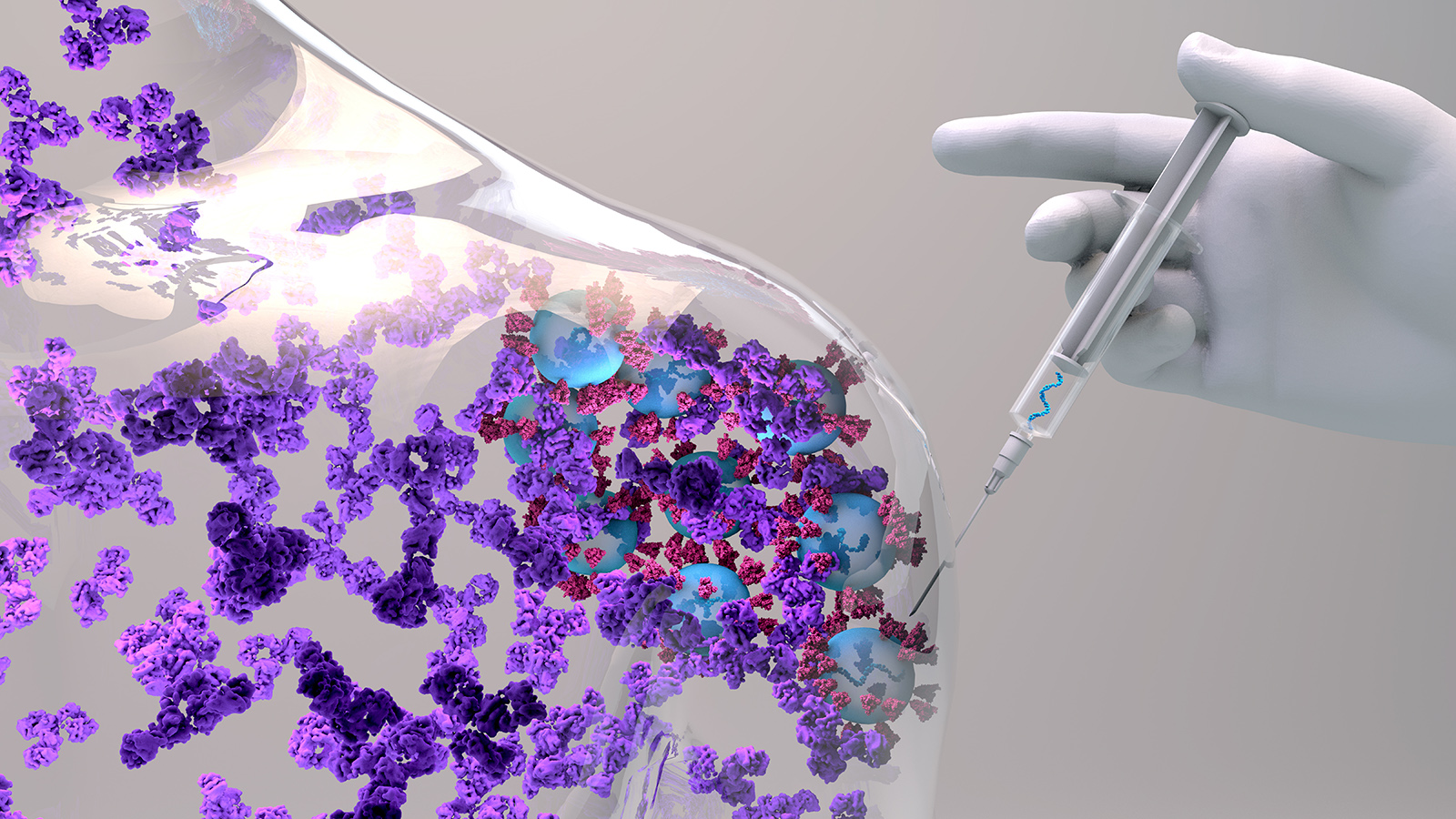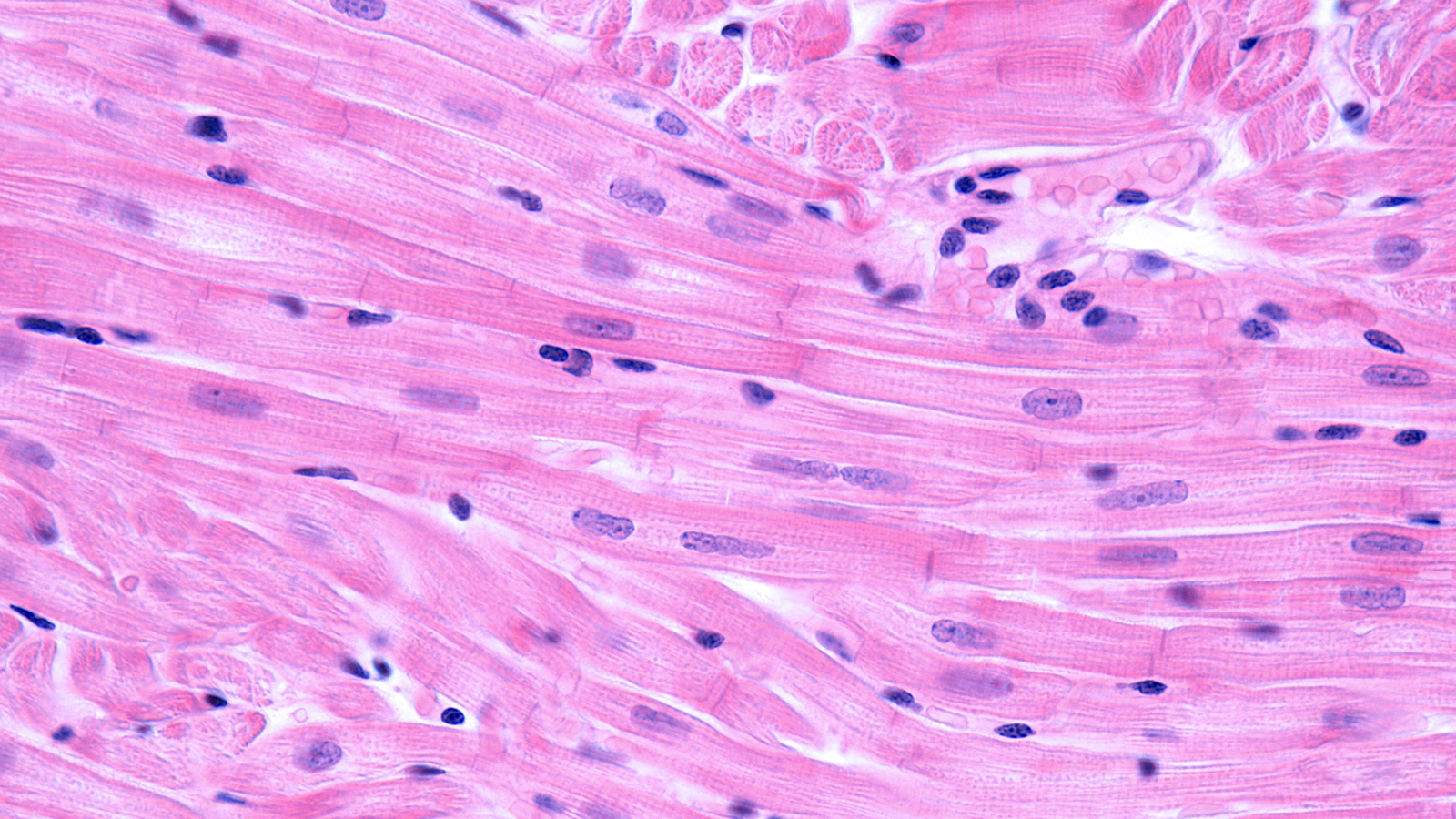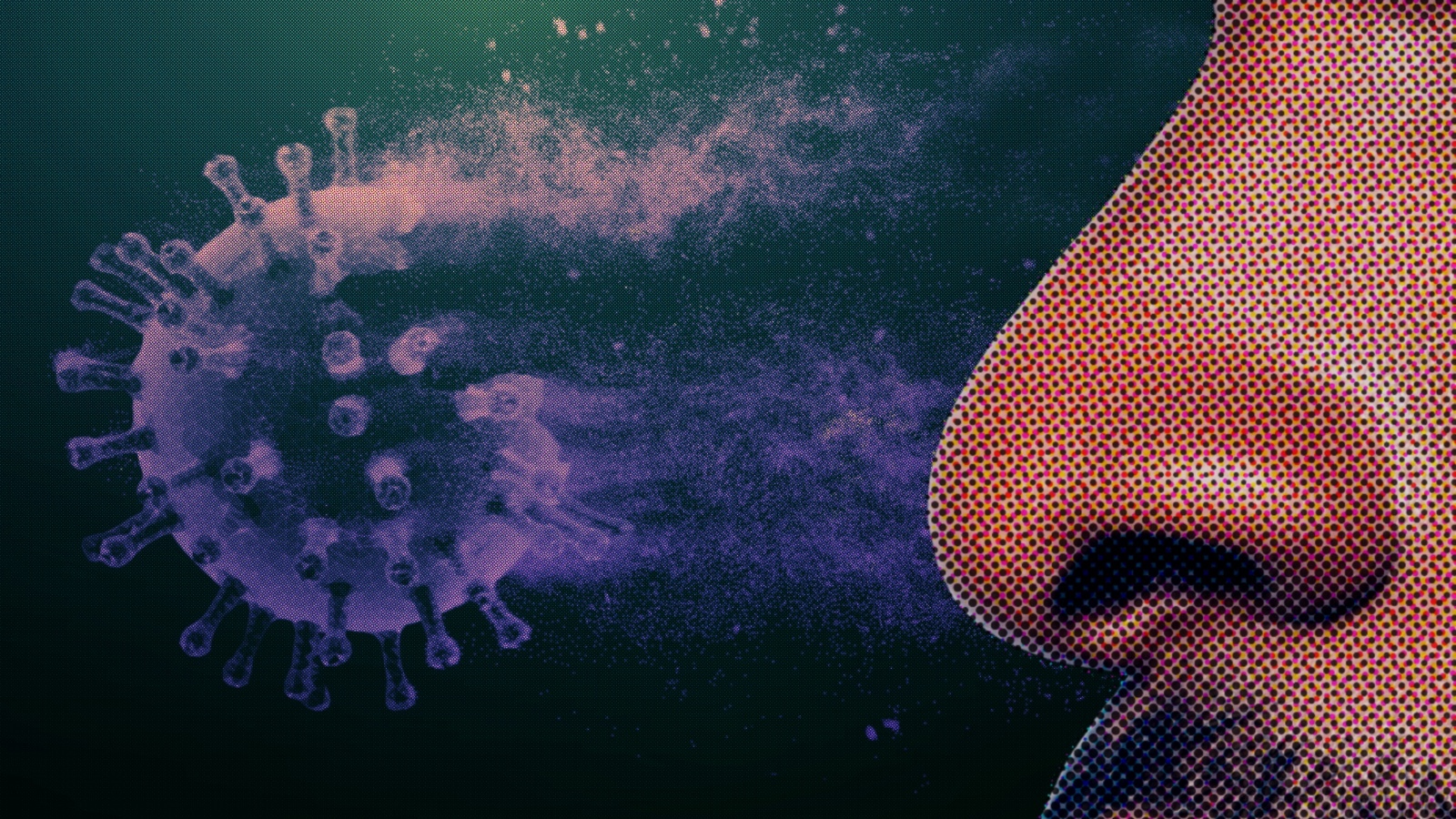Health
All Stories
Nikolaas Tinbergen’s concept of “supernormal stimulus” explains why humans are attracted to a heightened version of reality.
“It’s a big resource in the way the human genome is a big resource, in that you can go in and do discovery-based research.”
The common drug is called gabapentin, which is currently used to control seizures and manage nerve pain.
There are almost no standards governing the cannabis industry. Your favorite weed strain may contain unpleasant surprises.
Is fasting the key to burning fat? It’s not that simple.
Scientists found a way to revert pain in mice using gene therapy. Perhaps the same technique could be applied to humans.
How can the law keep up with new genetic technology?
This isn’t America’s first rodeo with monkeypox. In 2003, the virus swept across America thanks to a shipment of exotic animals.
The plant-like sea creatures contain a molecule that improves memory, learning, and even hair quality, according to a new study in mice.
A doctor once joked that statins will be added to the water supply. Humor aside, the data shows that statins really are a “wonder drug.”
Your old-fashioned chronological age is just a number. Your biological age can tell you how healthy you really are.
What you need to know about this smallpox cousin.
He wear no shoeshine, he got toe-jam football…
Understanding these links could bring us closer to a cure.
An experiment in rats suggests that gene editing may be a treatment for anxiety and alcoholism in adults who were exposed to binge-drinking in their adolescence.
Drugs that stifle acute inflammation may prevent the body from healing properly.
Data from NASA, ESA, and Roscosmos suggest that long durations in space cause changes in the brain, some of which are linked to vision problems.
Researchers believe they have found a single point mutation in an infection-sensing gene that causes the autoimmune disorder.
Thanks to genetic clues, scientists discovered that an old stroke therapy that had abandoned for decades might just work.
It’s the clitoris, stupid!
Protein fibrils accumulate in the brain during neurodegeneration. Cryo-electron microscopy has now uncovered fibrils of an unexpected protein.
The Spanish language has the ability to minimize and exaggerate by the simple addition of a suffix.
A large study links pornography use to decreased sexual performance for men and increased sexual performance for women.
A new wave of preventative cancer vaccines are set to begin trials.
The same technology behind the COVID-19 vaccines may enable the first damage-reversing heart attack cure.
A study finds prescription medications and dangerous unlisted ingredients in ordinary supplements.
SIDS deaths have decreased worldwide, but research has yet to solve this medical mystery.
Disulfiram is an FDA-approved drug for the treatment of chronic alcoholism. It might also serve as anti-anxiety medication.
Shoving platelet-rich plasma up your nose might restore your sense of smell after COVID. But whether it actually works still needs to be sniffed out.



